NSW election 2023: Upper Hunter residents fear a future without mining in vital marginal seat
Upper Hunter residents are divided on who will get their vote in the NSW election but are united in one key issue saying loud and clear “leave our mines alone”.
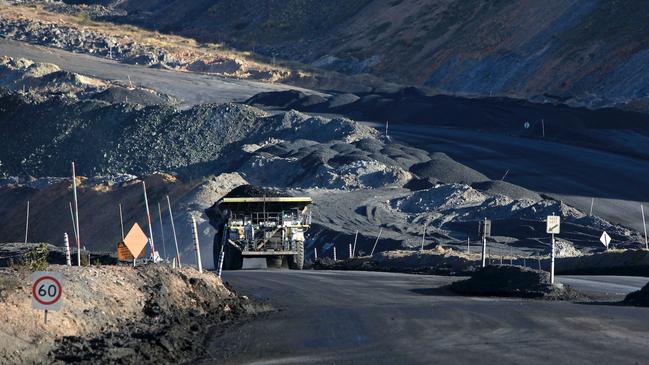
Newcastle
Don't miss out on the headlines from Newcastle. Followed categories will be added to My News.
Upper Hunter residents are divided on who will get their vote on March 25, but were united on one key issue saying “leave our mines alone”.
The marginal seat has been held by Nationals NSW MP Dave Layzell since a 2021 by-election, but has since undergone boundary changes which are believed to favour Labor.
Mr Layzell holds the large, agrarian electorate by a wafer-thin three per-cent margin, up from a one per cent gap in the 2019 election.
Large and diverse, the seat encompasses Scone, the horse capital of Australia, and vineyards to the south.
Its largest industry and biggest employer, however, is mining.
Residents say the mining industry is vital for the area and could decimate its future if it were to wind up.
“Leave them alone, leave our coal mines alone,” Laurine Wilkinson, a Scone resident of 56 years, said.

“People (from the city) don’t know what goes on up here in the bush, the industry employs so many people.”
Ms Wilkinson said there were efforts to demonise coal and what it contributed, and would again be voting for incumbent Mr Layzell.
“It’s not pollution, it’s ... steam – if I want to put the aircon on a hot day I will, and that comes from the mines,” she said.
At a candidates forum earlier this month, Mr Layzell had to tread lightly when one resident described treasurer Matt Kean as “greener than Kermit the Frog”.
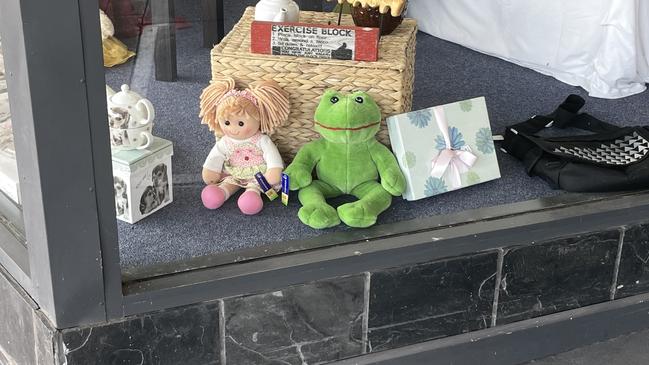
The treasurer seemed to rule out a lifeline for the Eraring Power Plant in Lake Macquarie, which is expected to close in 2025.
The Upper Hunter’s mines provide coal for the plant and residents fear a ripple effect in their own area.
BHP’s Mt Arthur mine – which employs more than 2000 people – is slated to close in 2030 while Glencore, another mining company, plans to shut 12 mines in 2035, including two this year.
Coal-fired Liddell Power Station is set to close in a matter of weeks.
The state government’s push for an 80 per cent renewables mix by 2030 was also impacting the area, residents said.


“They say they’ll move to renewables and our jobs here will be safe. They won’t – there won’t be enough jobs to go around,” Singleton resident Paul Khan said.
Mr Khan said he’d voted Labor all of his life, but would be voting for a local independent with stronger pro-mining policies.
Melissa Adams, who works for BHP, said “I’m pro-mining”, but wanted to see more clarity from the candidates on what a post-mine future for the area looked like before she voted.
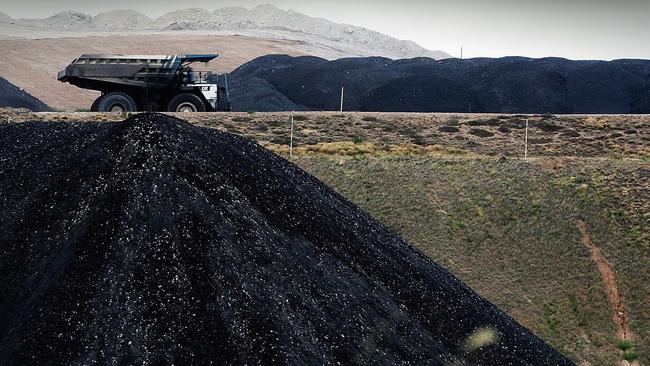
“Mines are closing and there’s an anti-coal (sentiment), but a lot of people will be out of work,” she said.
“For a lot of people here mining is all they know, they haven’t done anything else.”
One Nation, who had significant support at the by-election, haven’t run a candidate, instead opting to give the Shooters, Farmers and Fishers a clear run at their shared voter demographic, whose own candidate is a local miner at Integra underground, which is also slated for closure.

“I think people forget the human element of mining,” candidate James White said.
“These towns are essentially reliant on coal, and it’s not just the mining companies, but places that supply tools, even the local footy pitch is sponsored by a mining company.”
Mr White said he wanted to be a strong voice for mine-centred stakeholders in the area.

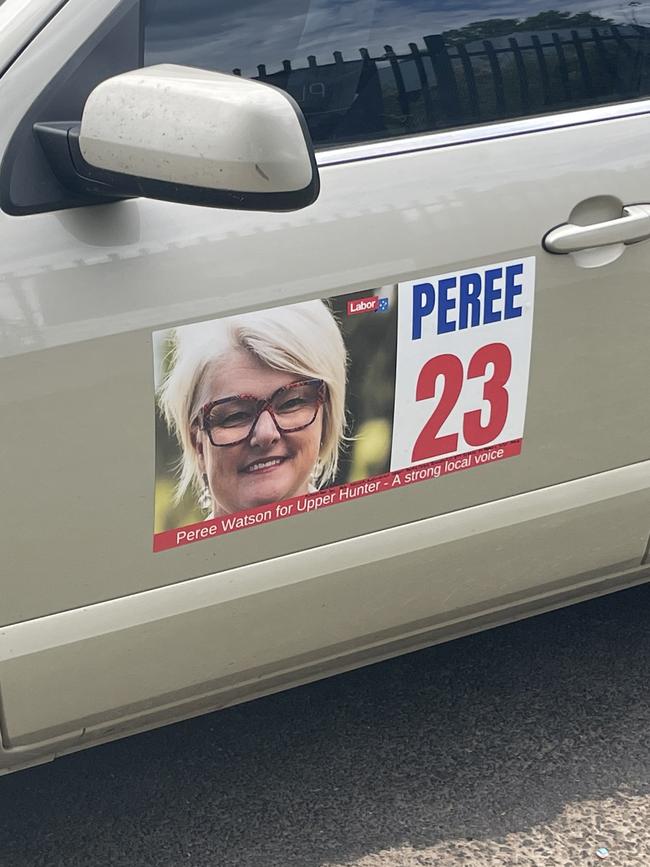
“Our mining voice needs to be utilised and heard – a lot of these areas and people have been forgotten about,” he said.
Labor’s candidate Peree Watson is the daughter of a former president of the mineworkers’ union and the party know the seat is in play.
Swansea NSW MP and Shadow Hunter Minister Yasmin Catley was out supporting Ms Watson this week.
Ms Watson said it was about looking to a renewable future and also ensuring bright prospects for Upper Hunter workers.
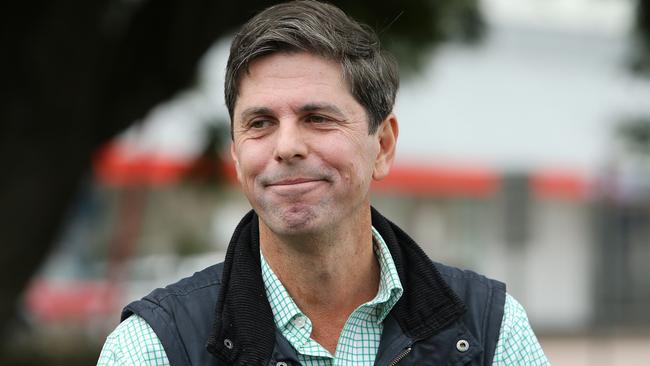
“We need to be securing our energy future from whatever resource we can get them from, but we need to make sure we work with the community to ensure great prospects for the area,” she said.
Incumbent Mr Layzell cited the state government’s electricity energy road map as “the best way to build the renewable energy market”, but urged caution and the perils of ignoring local livelihoods.
“We can’t accelerate that process,” he said.
“There are communities involved and we need to ensure they have a voice in future projects and that we don’t just roll over the top of them.”
News tip? Email alexi.demetriadi@news.com.au





